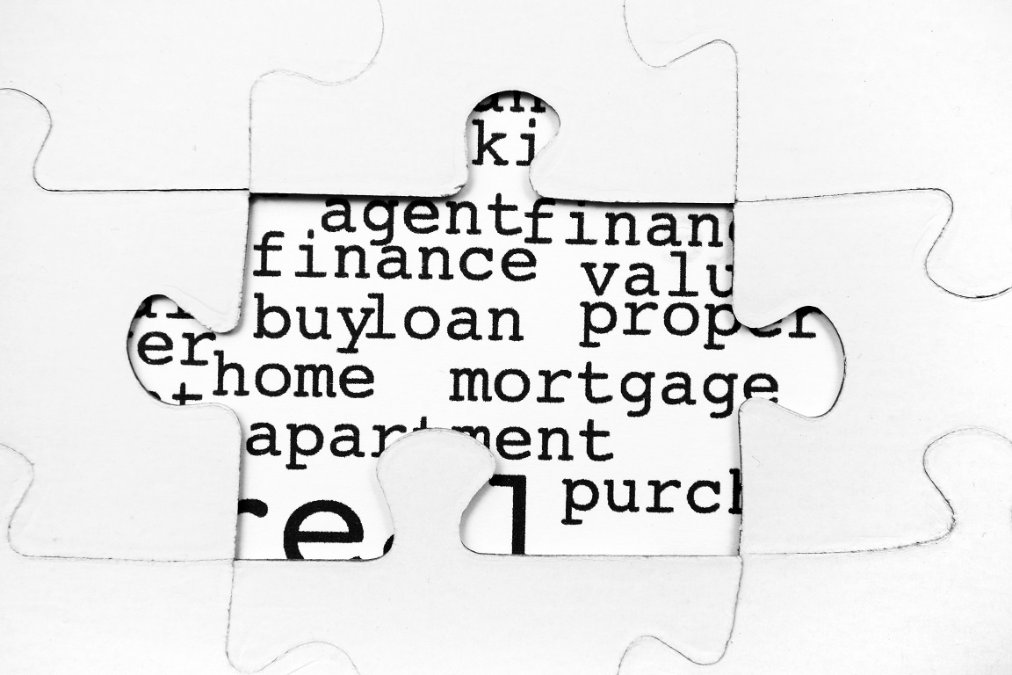The Valuation Equation: It sounds like an episode title from The Big Bang Theory doesn’t it?
Through nearly 30 years of working in the world of estate agency I have frequently said that I have never discovered a magic formula that puts a true value on property. Apparently other people have! Did I really miss something fundamental?
Over the last five years a trend has developed. Almost every week now at least one person will be telling me with great confidence and certainty what the exact value of a property I am selling actually is. How do they know this magical figure? They checked online!
Is the online valuation absolute, derived from The Perfect Valuation Equation? How much can you rely upon it and why should you?
The important thing is first to ask, ‘What is the value of a property?’
Ultimately it must be the price that someone is prepared to pay, so the figure recorded on completion presumably becomes the measure of the value.
How will that figure come about?
Ask any good estate agent and you will get a variety of answers but they will all probably revolve around a common theme which ends up with: it’s about timing and heart felt desire combined with affordability and need.
I could write for hours about all the little factors that can affect an agents’ advice on price combined with owner’s needs and desires plus the vagaries of the market and pressures upon purchasers. That’s not what this article is about.
This article is about the ‘myth’ of the Perfect Valuation Equation that seems to pervade the online world.
Is it actually a ‘myth’ in this computerised day and age?
I’d love to believe that there were a magic formula, ((x + y ) x (a x b/c etc)), wouldn’t that be so easy! Imagine a world where the three estate agents you asked along to your home all gave you exactly the same figure to market your home at! ‘It’s £247,683’. How would that be? (They rounded up the pence by the way.)
I can’t imagine, even in this world of Big Data, that there ever will be a Perfect Valuation Equation. Online property value calculators have a use, they show trends, but they are inherently flawed. If they weren’t each one would show the same figure surely.
Why are they flawed? Well I’m no expert; remember I’m just a humble estate agent of 30 years’ experience. However I would say that they miss, for a start, some important information a good local estate agent will generally know. Take this conversation as an example. This happened to me just over a year ago.
I picked up a call from a rather irate applicant; ‘you estate agents are outrageous, it’s unbelievable how you get away with it, disgusting! How on earth can you ask £550,000 for this property when it’s only worth £475,000. I’ve been online and seen what was paid for it last time and it’s only worth £475,000 today!’
There it was ‘I’ve been online…. and it’s only worth’!
What was my answer? Well after calming the callers tone down I explained that there was a validity to the process he had gone through but unfortunately what he didn’t know and more importantly, what the online calculator couldn’t take into account, was this. When the property had been bought by the current owner it didn’t have the two acres of garden he was now selling the property with. Whilst living there the owner had acquired the land, now, what was the cost of doing that and the interim increase in value? That’s why we had the ‘Asking Price’ where it was.
Unsurprisingly there was quiet at the end of the phone and then a subdued ‘Oh.’
In the vast majority of property transactions Homes are bought by people. When people are moving they are under all sorts of pressures, you’re not generally doing it for fun are you?
Emotion drives the process in one way shape or form and the price you are prepared to pay is very personal to you. Show ten buyers one home and ask them what they think the value is, what’s the chance of them all saying the same figure?
When I look at my local market I break down statistics for different types of property. Lo and behold prices for one bedroom homes have changed at a different rate to those of 5 bedroom properties. If I wanted to be really accurate I’d break the stats down to different areas of the town within that, possibly even by street. In some areas I’d need to track the figures based upon which side of the road a property were on.
If that’s the case how can I put my faith in a calculator that views the whole market as one, perhaps tries to adjust based upon the region of the UK I am in and doesn’t have the info as to why a property may have sold particularly cheaply, how it has been altered in between or why someone paid a premium to purchase it way back when.
I’m sure there’s a ‘Numbers’ person out there, a Charlie Eppes, who’ll tell me that complex equations allow for the vagaries of the market, that over a vast amount of data anomalies are swallowed up: who are they trying to kid? ‘The figures are weighted to correct the data output’ will be another argument. How come different data providers use different weightings?
I have no problem with people looking online at house price calculators when doing their research. All I ask is for them to exercise caution and apply a little scepticism. Don’t judge a property before you have viewed it. Don’t make a decision with partial information or because you have checked online first!
I once had a property that had sold three times in the previous 10 years. I was about to put it on the market and as an exercise I put the figures into some house price calculators. Whichever way I put the figures in and tried to calculate the values, not once did they match the actual sold prices, irrespective of which one I took as the base figure.
If you are about to sell your home have you checked online to find the value of your property. If you have do you agree with it?
By all means ask me why a property I am selling isn’t on the market at the price the online calculators say it’s worth. When I have a mathematical answer for you will be the day I have the Perfect Valuation Equation and I’ll surely be a rich man. Until that day I’m afraid the best answer I can give you is ‘It’s the Human Equation’. It’s the one I prefer to work with and it’s the one you should be paying attention to.








Leave a Reply